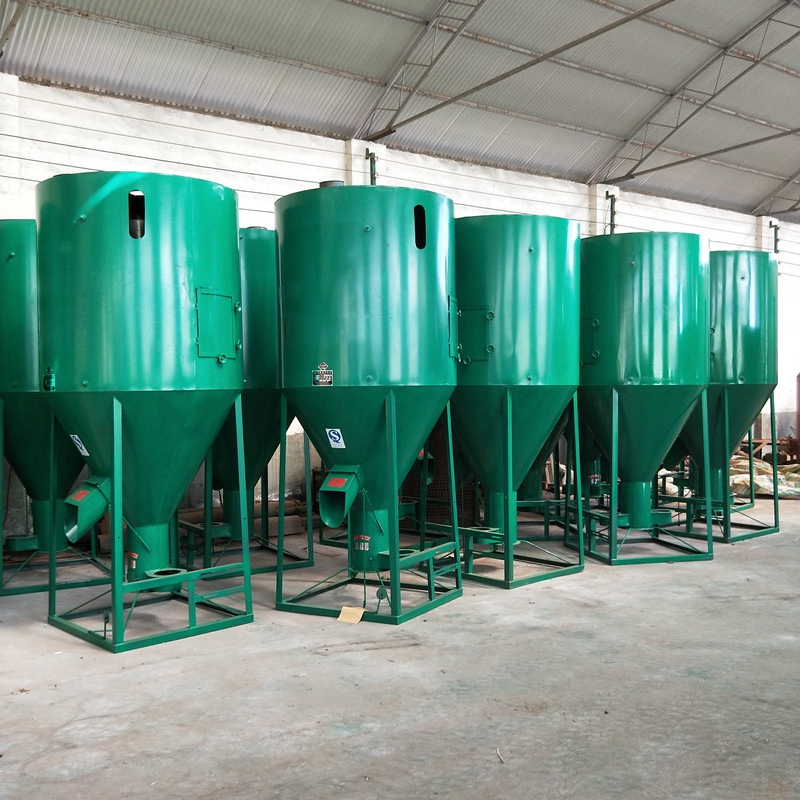Exploring the Life and Welfare of Chickens in Modern Poultry Cages
Aug . 20, 2024 20:45 Back to list
Exploring the Life and Welfare of Chickens in Modern Poultry Cages
The Dilemma of Chicken Cages A Closer Look at Animal Welfare and Farming Practices
In recent years, the conversation surrounding chicken farming has increasingly focused on the conditions in which these birds are raised
. At the heart of this discourse lies the use of chicken cages, a common practice in the poultry industry. While cages are designed to maximize production efficiency and protect the birds from disease, they also raise significant ethical concerns regarding animal welfare.The conventional cage system, often referred to as battery cages, holds multiple hens in confined spaces, typically allowing each bird only about the size of a standard sheet of paper. This severe restriction on movement causes a range of issues for the hens. They are unable to engage in natural behaviors such as nesting, perching, or dust bathing, which leads to physical and psychological stress. Studies have shown that hens in battery cages exhibit signs of frustration and can develop behaviors such as feather pecking and cannibalism, which are indicators of distress.
Advocates for animal welfare argue that the use of battery cages is inhumane and should be banned. They emphasize that hens are sentient beings capable of feeling pain and emotional suffering. Organizations such as the Humane Society International and the World Animal Protection have been leading campaigns to promote cage-free farming practices, which they argue provide a more humane alternative. Cage-free systems allow hens to roam in a larger space, albeit still indoors, which supports better physical health and well-being.
Furthermore, the ethical implications extend beyond the individual welfare of the hens. The industrial farming practices associated with cage systems contribute to environmental degradation, as large-scale poultry operations often result in pollution from waste runoff and high resource consumption. Transitioning to more sustainable practices, including cage-free farming, could mitigate these environmental impacts and promote more responsible farming methodologies.
chicken cage

On the other hand, proponents of cage systems argue that they are essential for maintaining the efficiency and affordability of egg production, which is critical for meeting global food demands. The economic viability of battery cages is often cited, as they allow for greater productivity with lower costs, thus enabling producers to offer eggs at lower prices. However, this argument raises the question of whether the benefits of cost-saving measures should come at the expense of animal welfare.
In response to the growing concern, some countries and regions have enacted bans or restrictions on battery cages. The European Union has implemented a phased ban on conventional cages, requiring producers to switch to enriched cages that provide slightly more space and an opportunity for limited natural behaviors. Similarly, several U.S. states, including California and Massachusetts, have passed legislation to prohibit the sale of eggs from caged hens.
The shift towards cage-free systems is gaining momentum, but it is not without its challenges. Transitioning to cage-free systems requires significant investment from producers in terms of infrastructure and management practices. Additionally, consumers play a crucial role in this transition. Increasing awareness has led to a growing demand for humane and sustainable products. Retailers and food companies are responding, with many pledging to source only cage-free eggs by a specified target date.
In conclusion, the debate surrounding chicken cages is multifaceted, capturing essential aspects of animal welfare, environmental sustainability, and economic feasibility. As awareness continues to rise, both producers and consumers must consider the implications of their choices. Advocating for humane farming practices not only contributes to the well-being of hens but also promotes a more ethical and sustainable food system. The future of poultry farming lies in finding a delicate balance between efficiency and compassion, where the welfare of animals can be prioritized alongside the needs of human society.
-
Automatic Feeding Line System-Pan Feeder Nipple Drinker|Anping County Yize Metal Products Co., Ltd.
NewsJul.29,2025
-
Hot Sale 24 & 18 Door Rabbit Cages - Premium Breeding Solutions
NewsJul.25,2025
-
Automatic Feeding Line System Pan Feeder Nipple Drinker - Anping County Yize Metal Products Co., Ltd.
NewsJul.21,2025
-
Automatic Feeding Line System Pan Feeder Nipple Drinker - Anping County Yize Metal Products Co., Ltd.
NewsJul.21,2025
-
Automatic Feeding Line System - Anping Yize | Precision & Nipple
NewsJul.21,2025
-
Automatic Feeding Line System - Anping Yize | Precision & Nipple
NewsJul.21,2025






